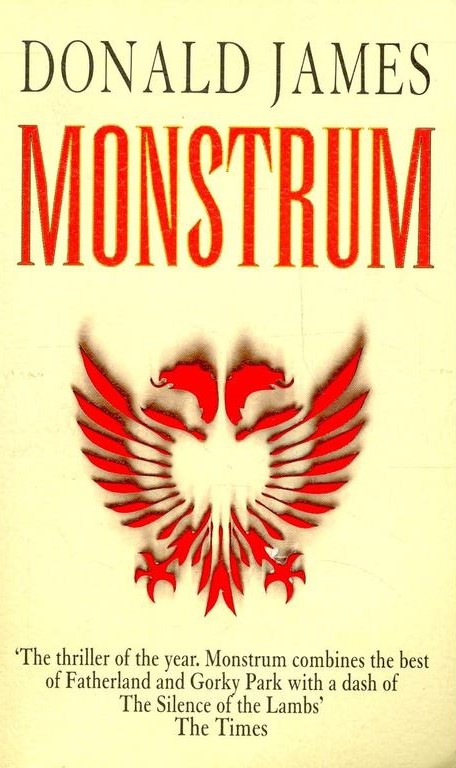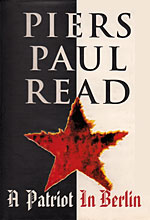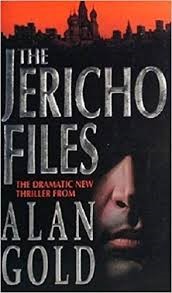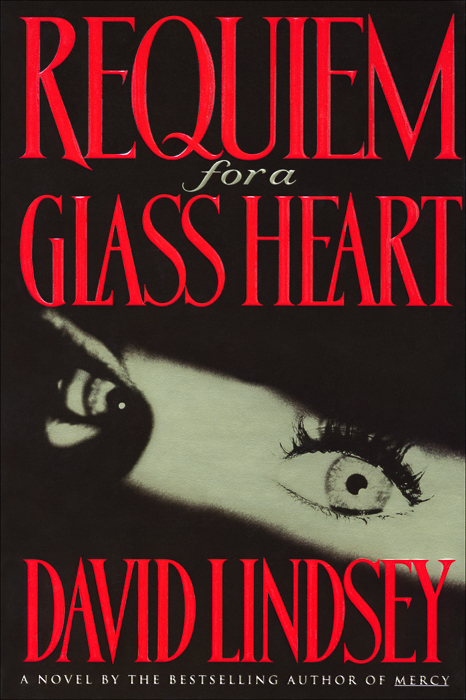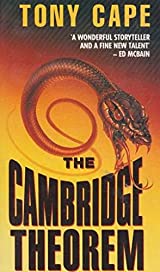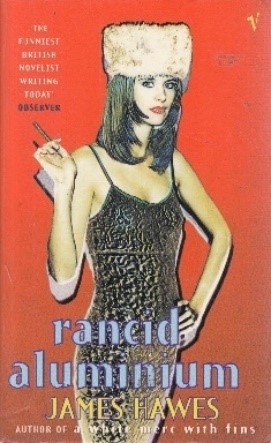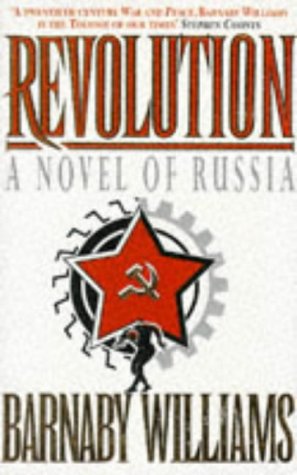
A novel of Russia. That is the subtitle of Barnaby Williams’s novel Revolution. A subtitle like that is catnip to a blog called ‘Russia in fiction’. But what does it mean?
The phrase ‘novel of Russia’ turns out to be a reliable marker of genre. Several other books of the past few decades carry this marker, and they are all of a type.
‘Novel of Russia’ denotes what might be termed an ‘epic’; a sprawling, multi-generational, hundreds of pages long saga. Revolution begins —predictably enough— in 1917, on the eve of the Communist seizure of power in Russia, and ends as the Communist era itself ends, in the early 1990s, with Boris Yeltsin becoming the first president of a newly independent Russia.
Continue reading